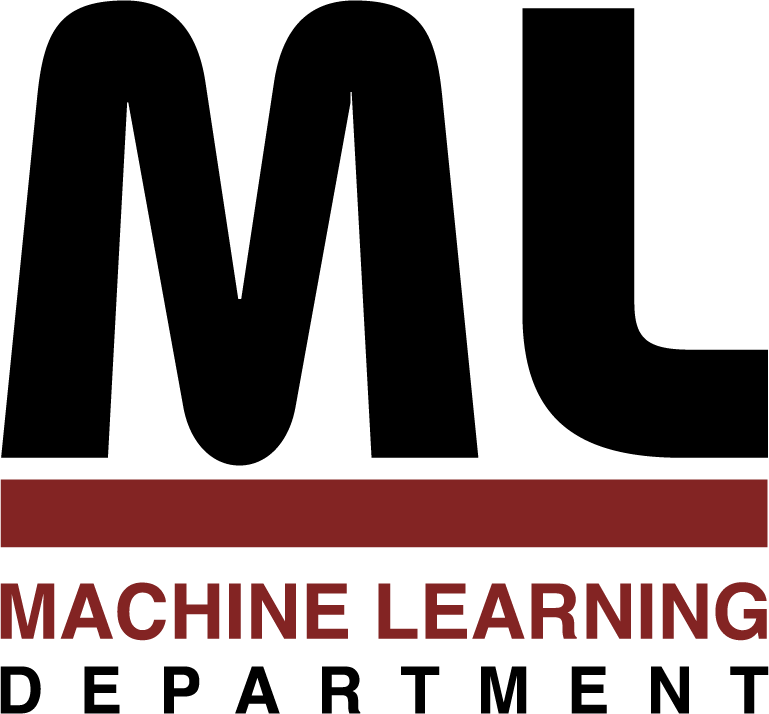
Machine Learning Department
School of Computer Science, Carnegie Mellon University
Feature-based cs. Intensity-based Brain Image Registration:
Voxel Level and Structure Level Performance Evaluation
Leonid A. Teverovskiy, Owen T. Carmichael*,
Howard J. Aizenstein**, Nicole A. Lazar***, Yanxi Liu+
November 2006
The power and validity of voxel based and tensor based morphometry methods
depend on the accuracy of the brain image registration algorithms they
employ. We propose a mutual information based quantitative evaluation method
to compare the performance of two publicly available deformable registration
packages: HAMMER and algorithms in the ITK package (FEM-Demons) The advantage
of our approach is that registration algorithms are quantitatively compared
at both global and local levels, thus enabling our method to pinpoint areas
of the brain where one algorithm performs significantly better or worse than
the others. The brain image dataset used for evaluation consists of a total
of 59 images: 20 MR images of Alzheimer's (AD) patients, 19 MR
images of people with mild cognitive impairment (MCI) and 20 MR images
of normal (CTL) subjects. Global and localized mutual information scores
are used to evaluate the quality of registration, and paired t-tests are
used to determine the statistical significance of registration quality
differences between the methods at three levels: global, voxel-wise and
anatomical structures. We threshold the resulting p-value maps using a false
discovery rate control method in order to correct for multiple comparisons.
Our results show that both HAMMER and FEM-Demons algorithms
do significantly better than an affine registration algorithm, FLIRT, at all
three levels for all three subject groups. Comparison between the HAMMER
and FEM-Demons algorithms shows that at the global level there is no
significant difference in performance between the two algorithms on
controls, and FEM-Demons outperforms HAMMER on Alzheimers patients
(p-value 0.0416) and MCI patients (p-value 0.0055). At the local and
anatomical levels, FEM-Demons and HAMMER dominate each other on different
brain regions. Our results indicate that the choice between the HAMMER
and the FEM-Demons algorithms should depend on the region of interest
of a study.
*Department of Neurology, University of California, Davis, CA.
**Department of Psychiatry, University of Pittsburgh, Pittsburgh, PA
***Department of Statistics, University of Georgia, Athens, GA
+Department of Psychiatry, University of Pittsburgh; Department of Computer
Science and Engineering, Pennsylvania State University, University Park, PA;
Robotics Institute, Carnegie Mellon University
36 pages
School of Computer Science homepage
This page maintained by reports@cs.cmu.edu